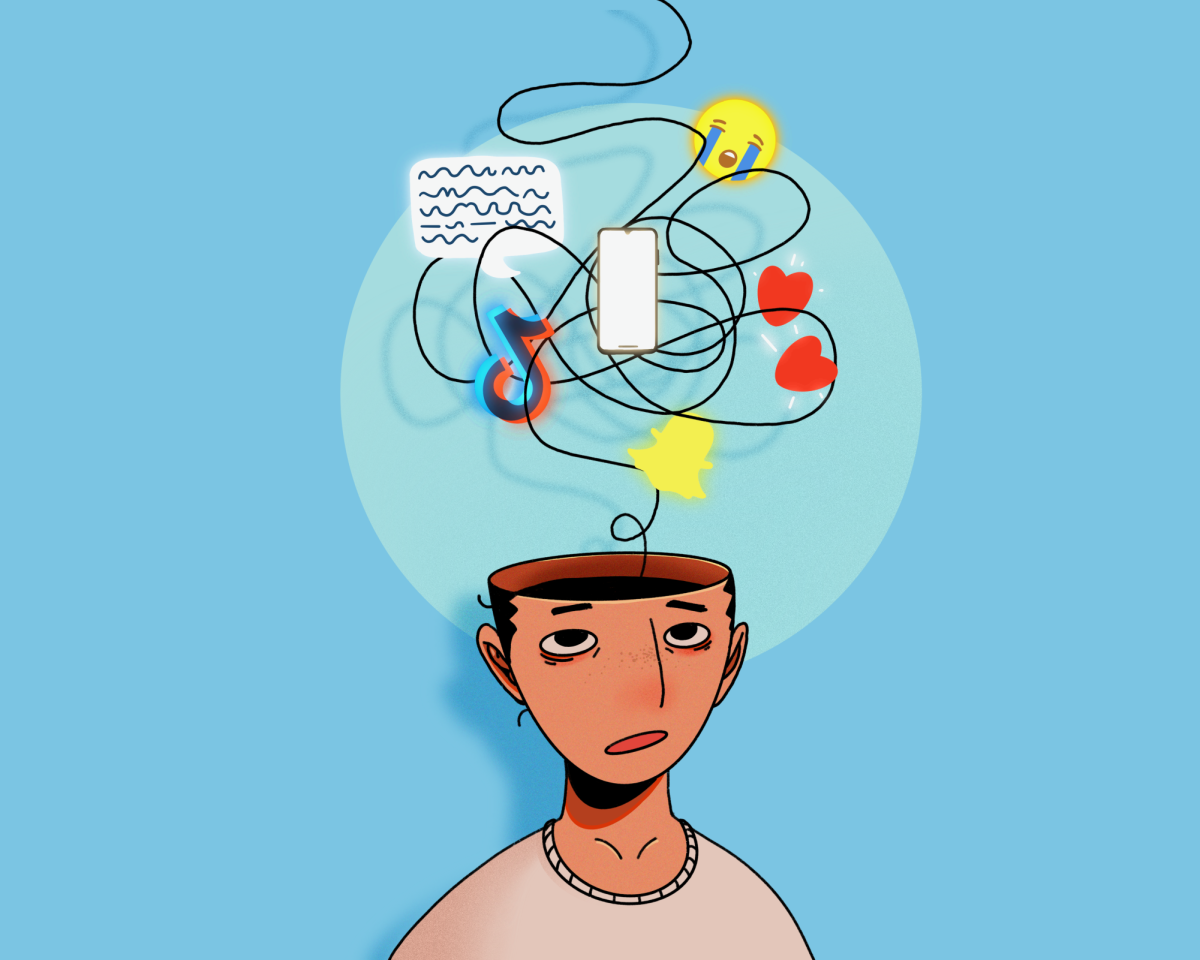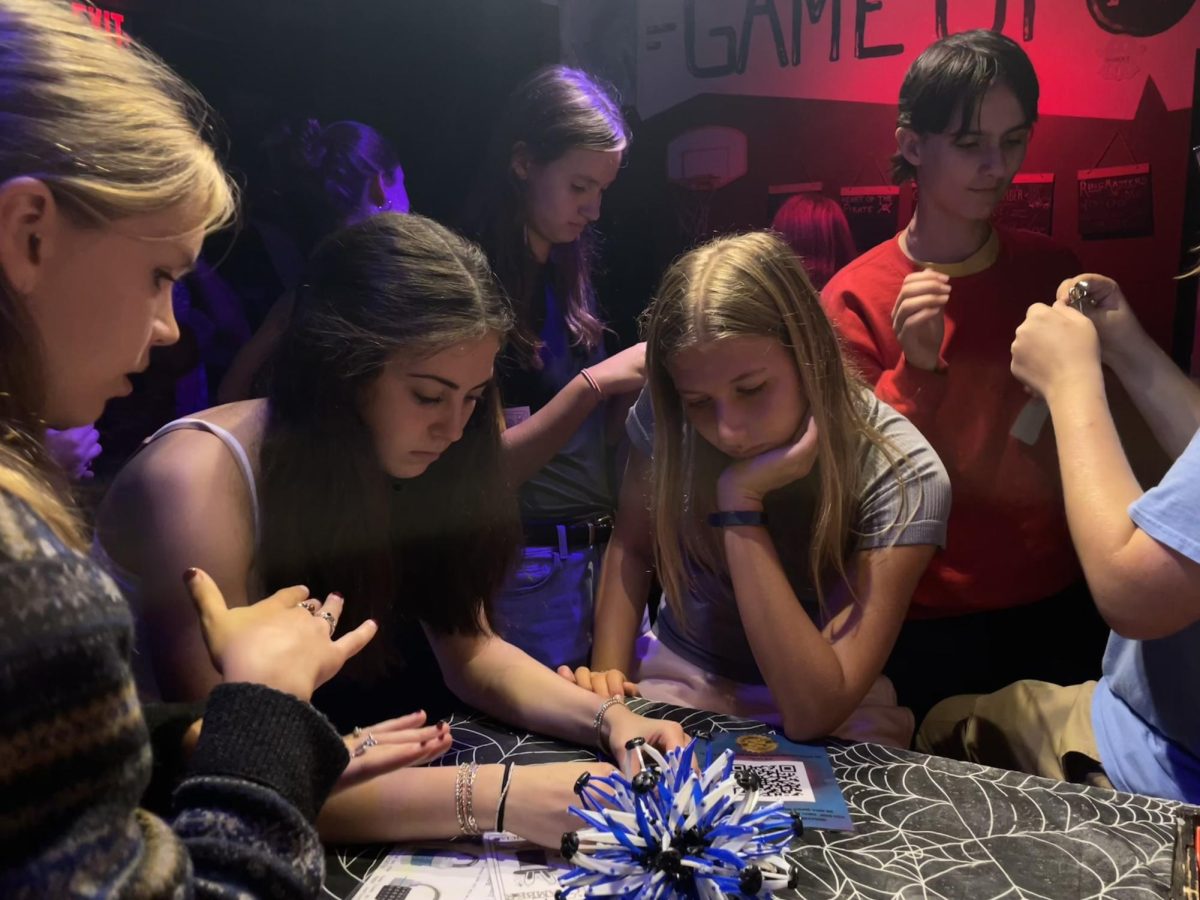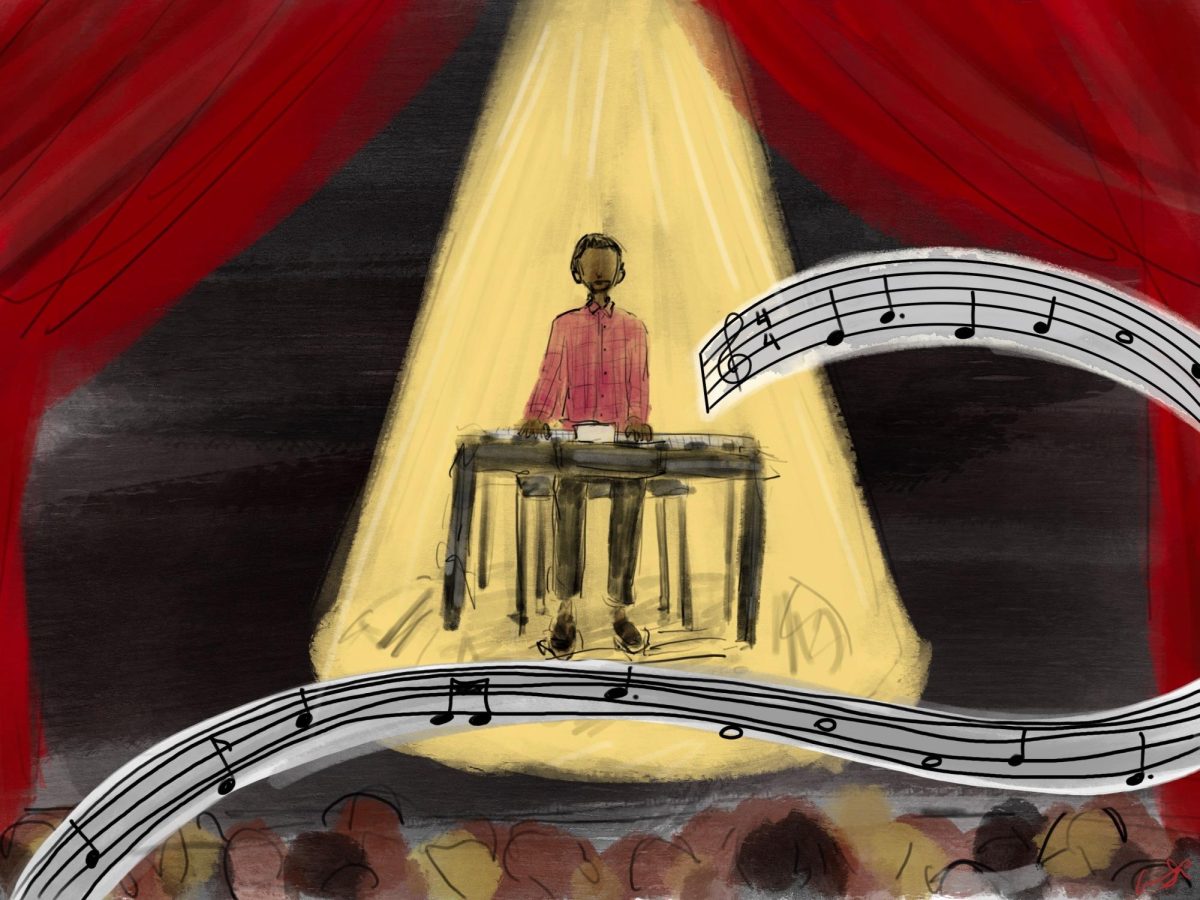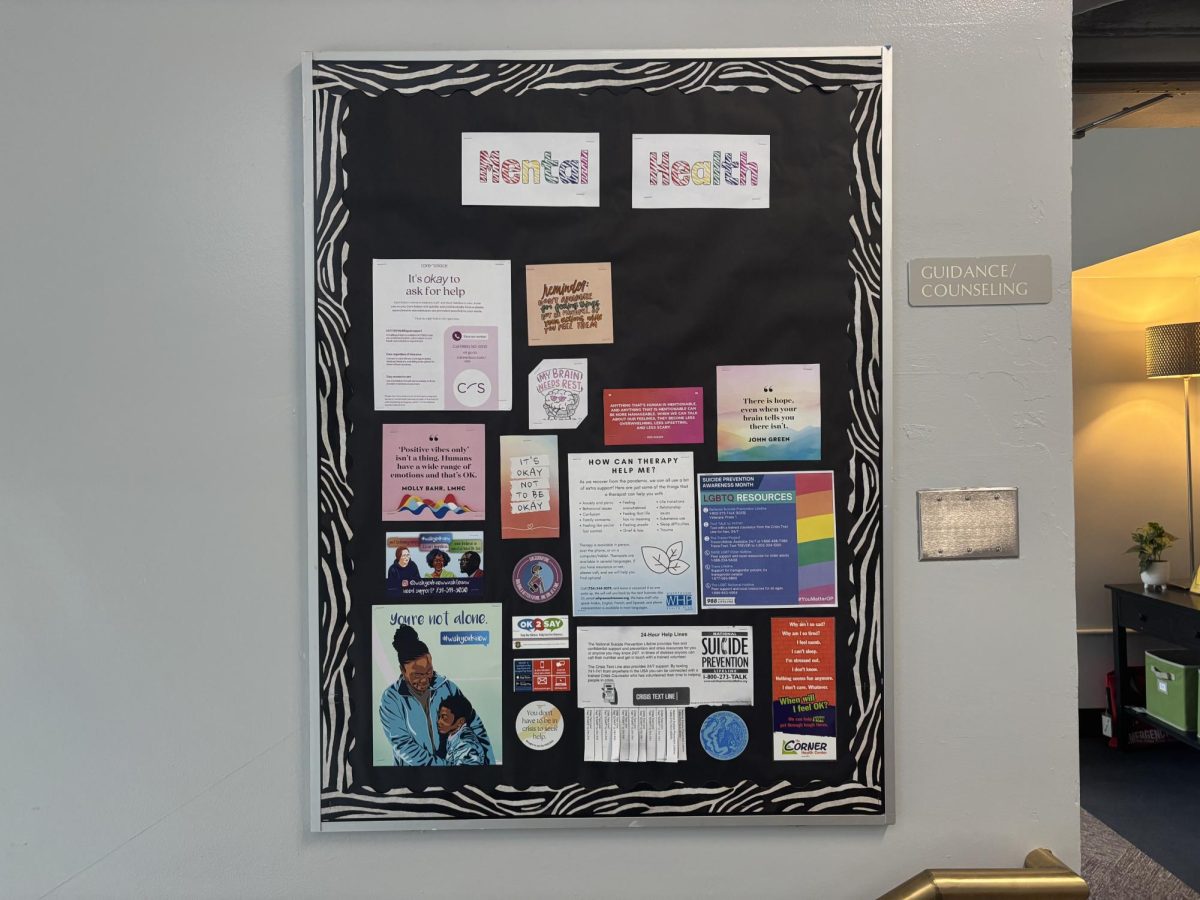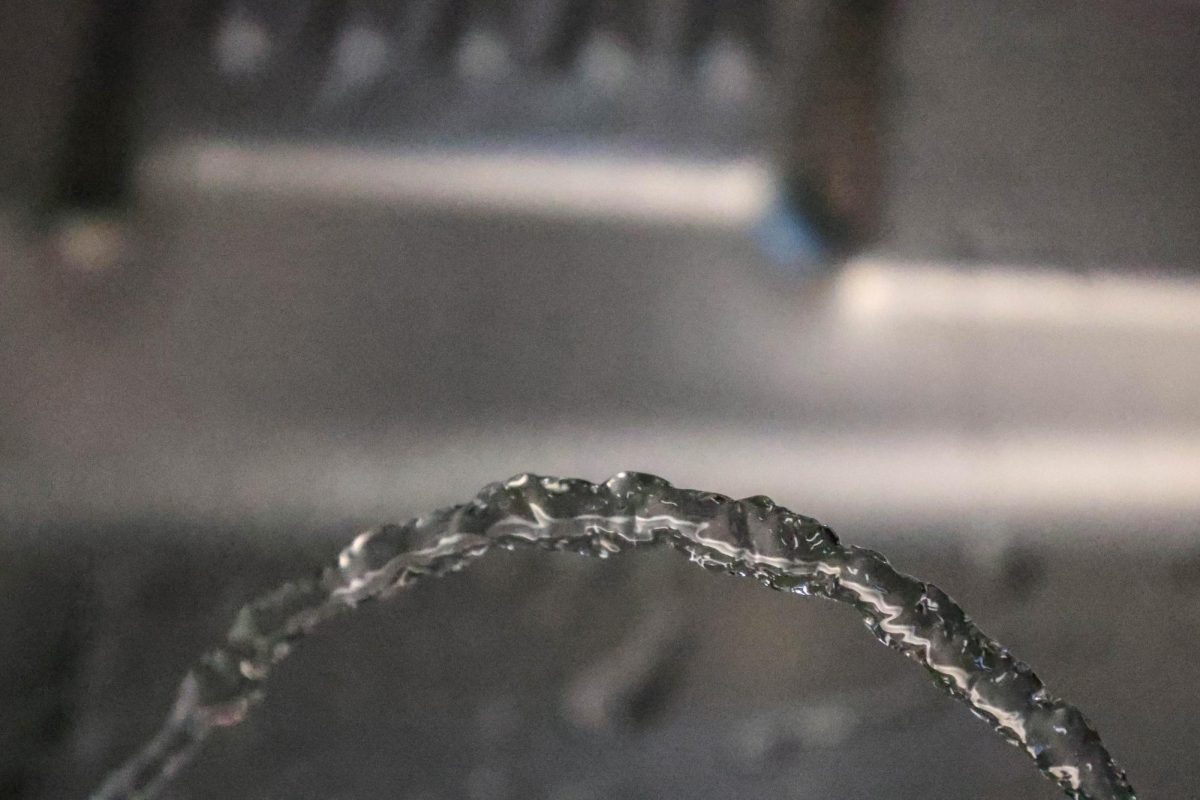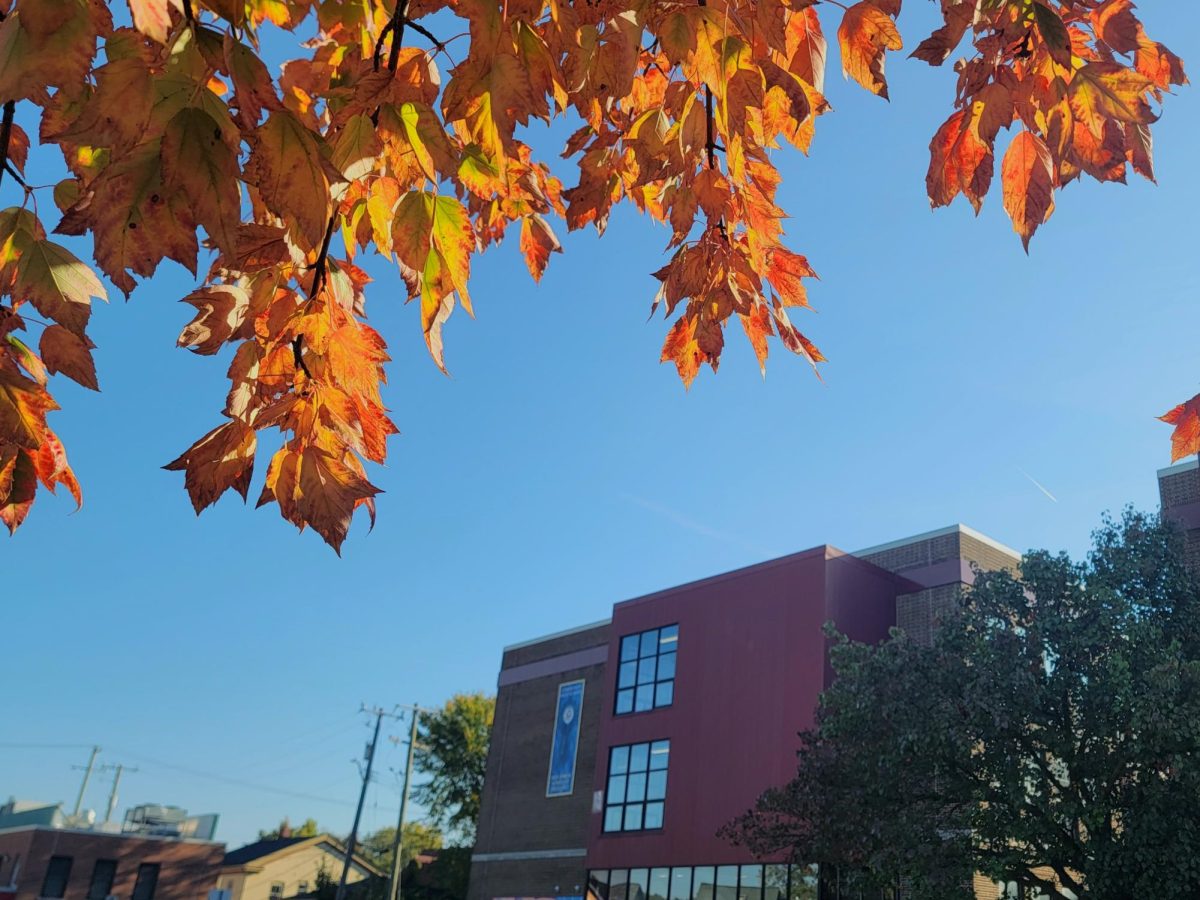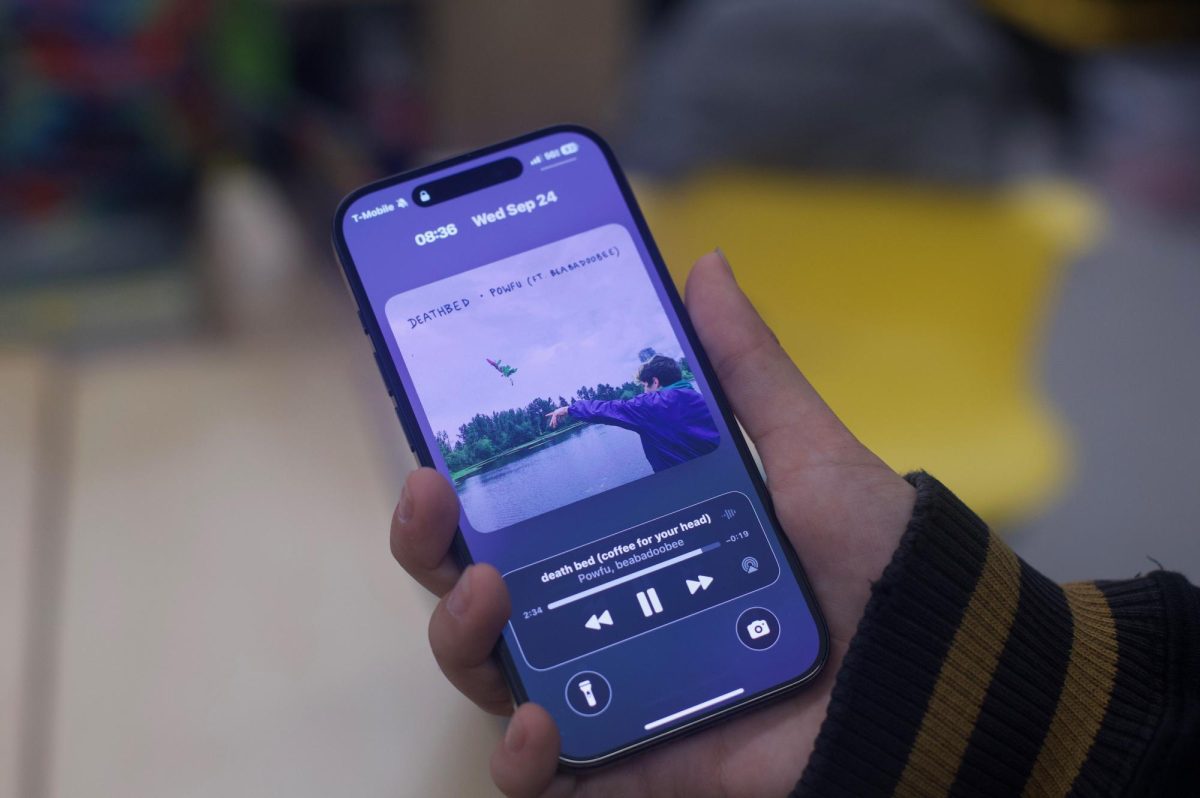As a high school student, it feels like I am always immersed in some type of technology. Whether it is my computer to complete assignments or my phone to communicate with friends, it feels like sleeping at night is the only time I can fully disconnect. To me, the biggest cause of this is social media. A survey conducted by The American Academy of Child and Adolescent Psychiatry (AACAP) found that over 90% of teens in the U.S use or have used social media. Heavily addicting apps such as TikTok, Instagram and Snapchat have made it practically impossible for teens to stay off their devices for long periods of time. In my experience, I have seen my use of social media affect my productivity and energy the most.
When I come home from a long day of school and extracurricular activities, I find myself wanting to lie in bed and doom scroll. I tell myself “only 20 minutes,” but that 20 minutes turns into hours and soon it is dark outside and I haven’t checked off one item on my long to-do list. By the time I get out of bed, I am sluggish and my energy levels have fallen. I decide it’s best to go to sleep for the night and attack my to-do list the next day. While I can afford a day or two of this behavior over the course of the school year, if it becomes a pattern, it can begin to affect many areas of my life.
Both my physical and mental health have been affected by my use of social media. I have seen myself being less physically active when I’m on my phone for long amounts of time and I’ve also experienced increased tiredness from lack of sleep. Additionally an increasingly problematic symptom that I have seen in myself is a decreased attention span. When my brain is used to watching 10 to 30 second clips, maintaining focus in lectures and other activities in the classroom for seven hours every school day begins to feel challenging. These physical symptoms have definitely impacted my academics negatively.
While the physical effects have taken a toll on my body, the effects on my mental health have impacted me at a far deeper level. When I see content from picture-perfect influencers with clear skin, glowy makeup and an hourglass body, I begin to compare myself to these unrealistic beauty standards. I stare at the mirror and hurl a multitude of negative comments at myself, leading me to feel worthless. These little things eventually build up and increase my anxiety to an all-time high.
While anxiety is something I have experienced for many different reasons, after thinking about it, for me, at least six times out of ten, my anxiety has been caused by social media in one way or another. When I came to this realization a couple months ago, I decided that I needed to make a change. I started setting screen time limits on my phone for apps I found myself on the most (and stuck to them), created rules such as no looking at my phone right when I wake up or right before bed, I decided to eliminate all screens during meals and I started making more plans with people in-person.
While these changes took time to fully implement and I still struggle sometimes to keep myself in check with my social media usage, I have definitely seen these changes have a positive impact on my overall wellbeing. I have a lot more energy, my friendships are stronger, I’m on top of my schoolwork for the most part and my self image and the way I view myself is a lot healthier.
In this journey, the biggest thing I realized is that the truth is, in today’s world, social media and devices are a must for efficient communication and many other things. But me making the decision to mainly use social media and screens for school and academic purposes rather than just to pass time will go a long way has helped me in so many positive ways. While I still believe in using social media as a form of entertainment, I have learned that moderation is key and this is a lesson I will be able to apply to most things for the rest of my life.



